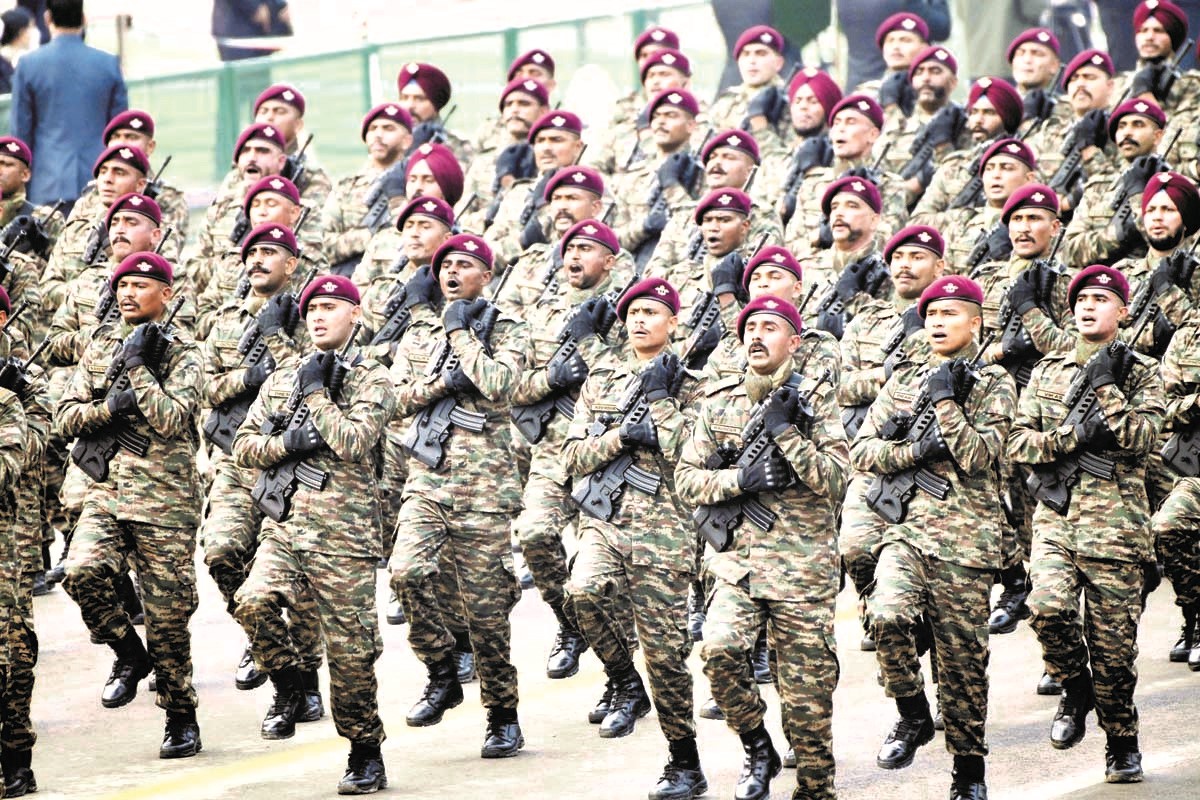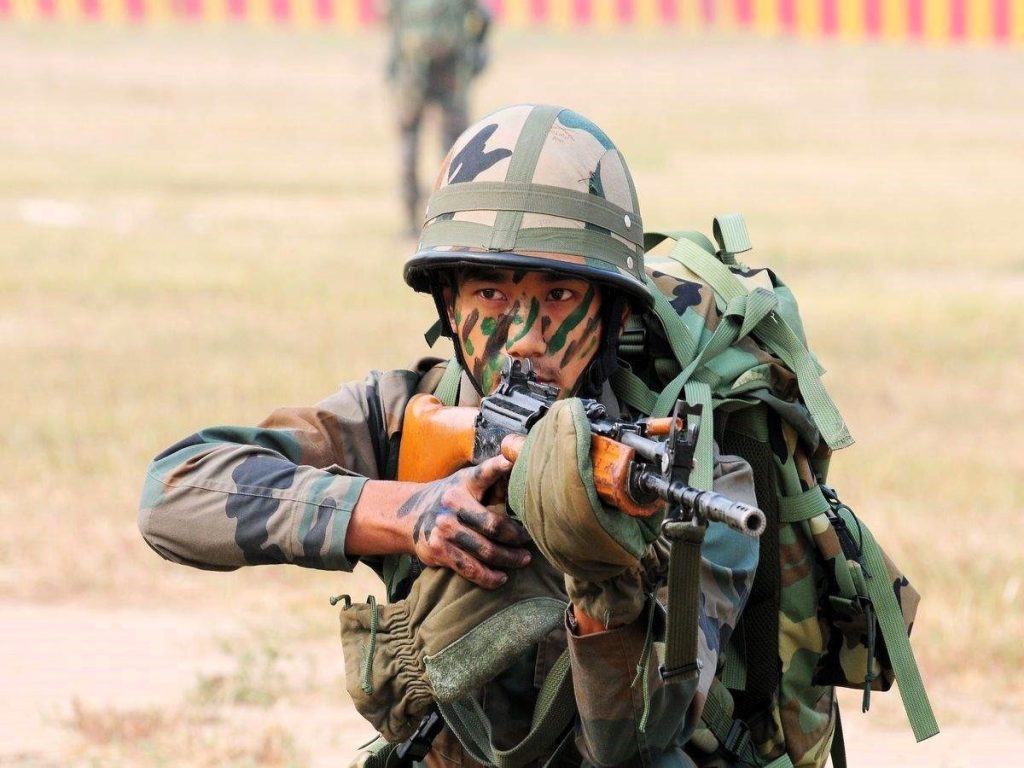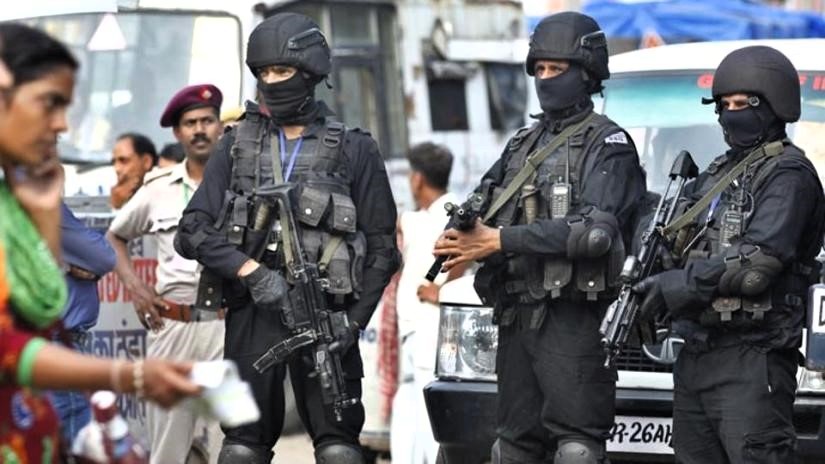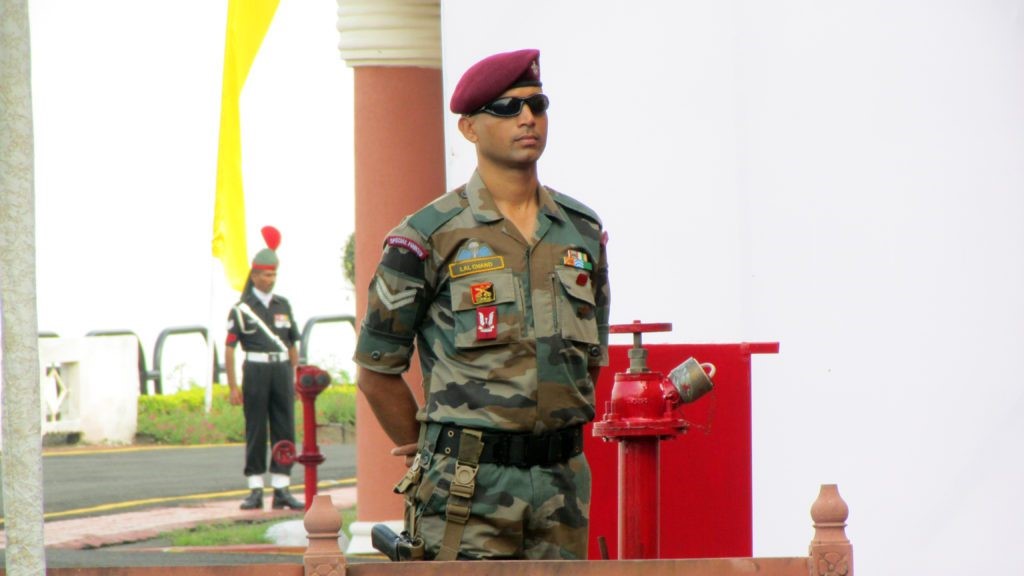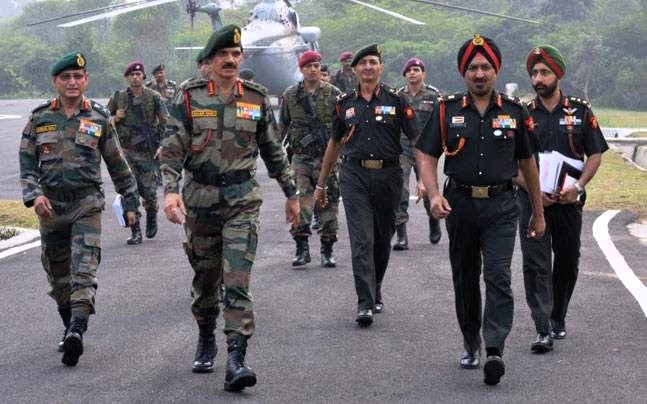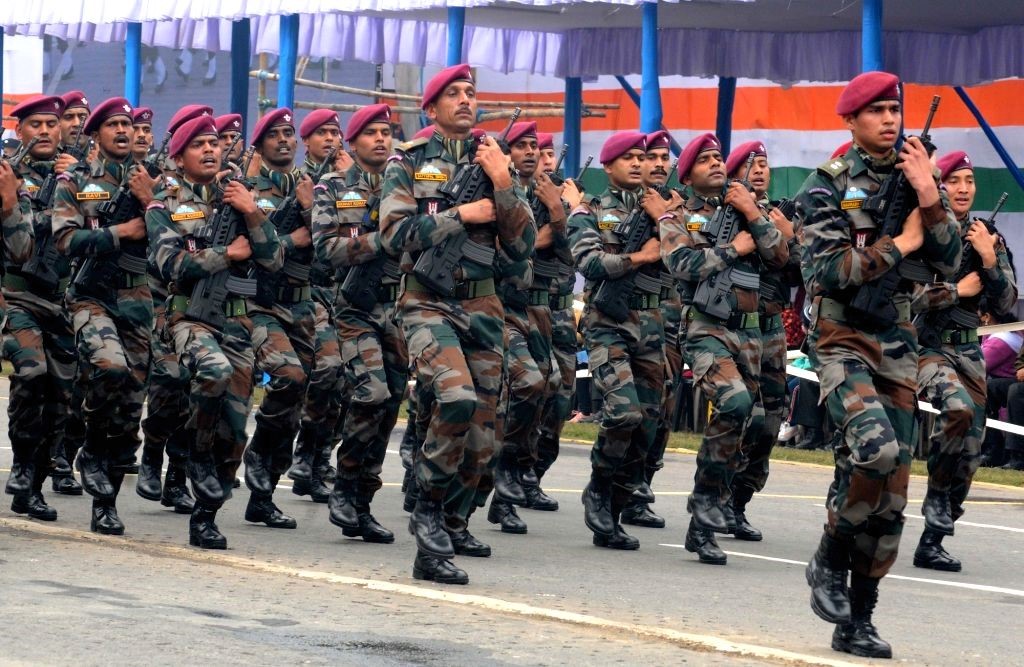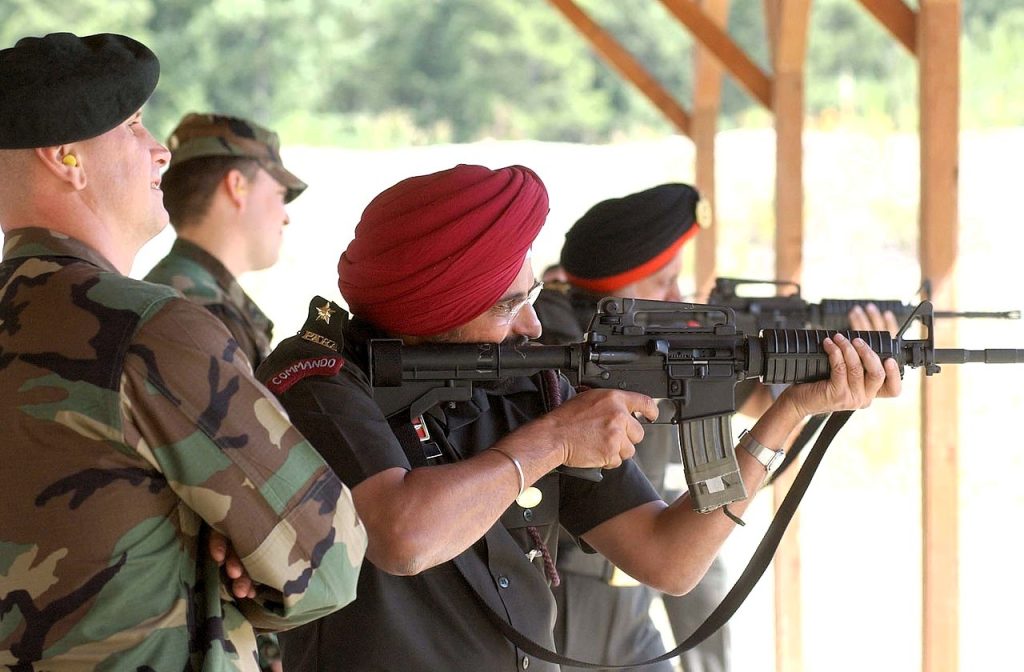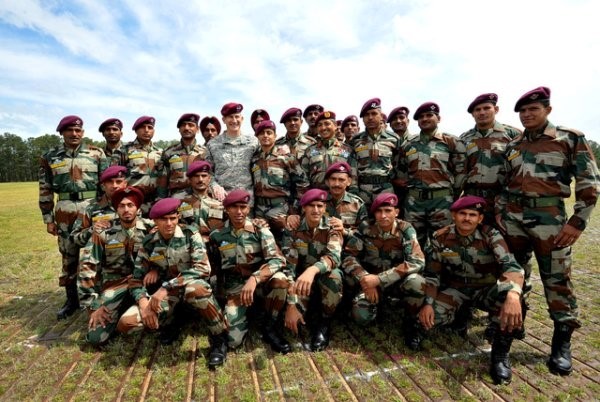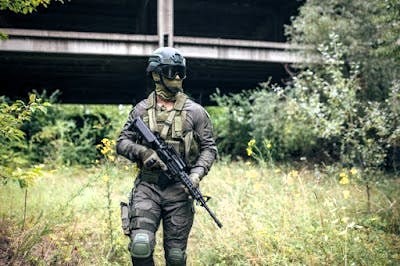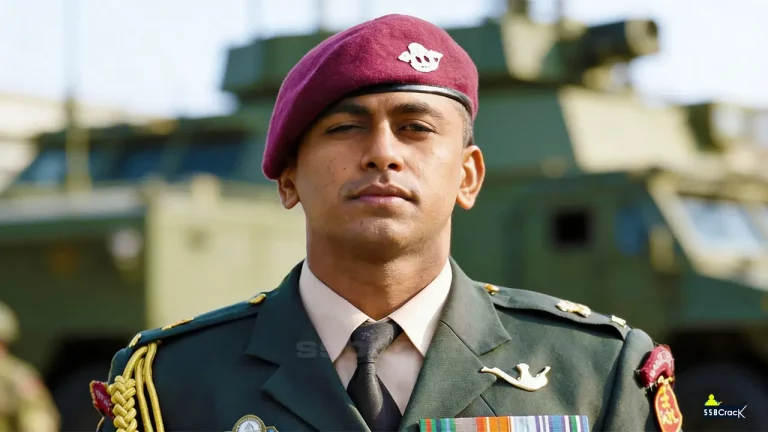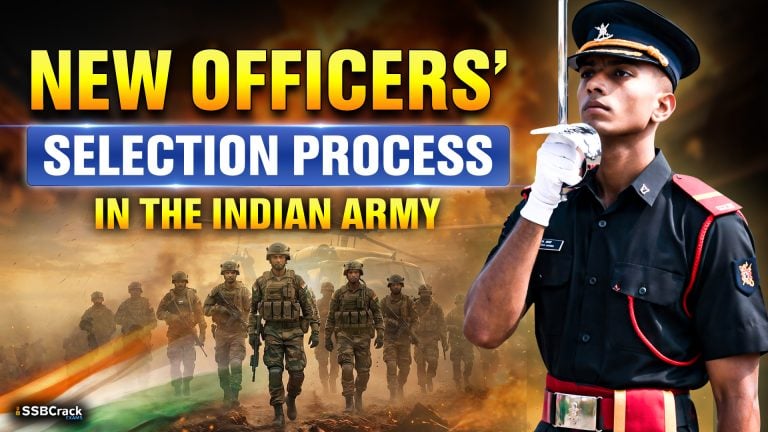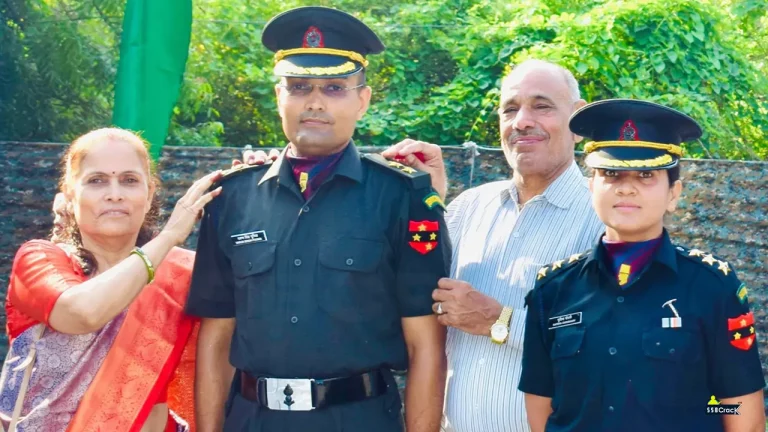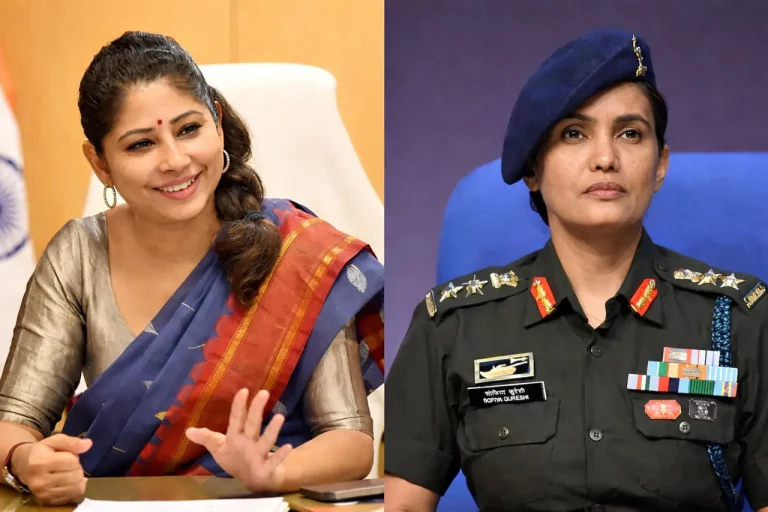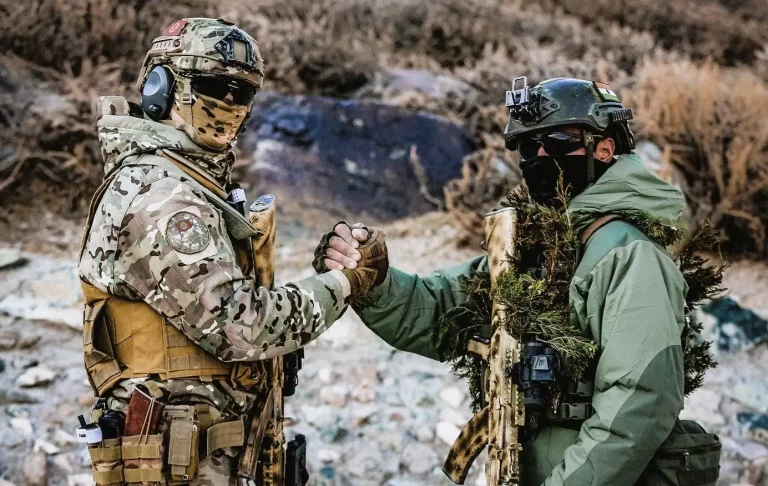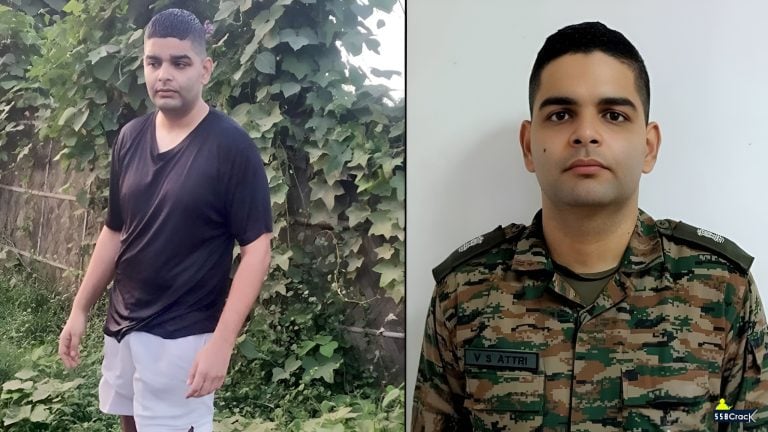The Para Commandos, also known as the PARA SF, are an elite Special Forces unit of the Indian Army’s Parachute Regiment. Renowned for their bravery, exceptional abilities, and specialized training, they are tasked with conducting a wide range of missions, including direct actions, hostage rescues, special reconnaissance, and counter-insurgency. In this article, we’ll delve into some fascinating facts about these highly skilled and fearless warriors.
16 Interesting Facts about Para Commando
1. Paratrooper Qualification
Before becoming Para Commandos, all personnel must qualify as paratroopers. This rigorous training ensures they are proficient in parachuting techniques, allowing them to be deployed quickly behind enemy lines.
2. Volunteer Force
All Indian Paratroopers are volunteers. Only serving army personnel have the option to join the Para Commandos, adding to the elite nature of the unit.
Complete List Of PARA SF Battalions
3. Probationary Period
Candidates aspiring to become Para Commandos undergo a grueling probationary period of three months. This phase includes physical and mental tests, and many candidates do not make it past this stage.
4. Paratroopers Training School
Successful candidates from the probationary period move on to the Paratroopers Training School (PTS) in Agra, Uttar Pradesh. Here, they undergo intensive training, including five jumps, one of which is conducted at night, to earn their wings and the coveted maroon beret.
5. Specialized Training
After earning their paratrooper qualifications, those who choose to become Para Commandos undergo an additional three months of specialized training. This training is known for its intensity and prepares them for their unique roles within the unit.
6. Rigorous Selection Process
The selection process to become a Para Commando is one of the longest and toughest in the world. Candidates endure sleep deprivation, physical and mental torture, and extreme challenges, with an attrition rate of around 80%.
7. Operational Efficiency
Para Commandos are selected based on criteria such as youth, physical fitness, mental robustness, intelligence, innovation, and high motivation. These traits are essential for maintaining operational efficiency and successfully accomplishing assigned tasks.
8. Extensive Operational History
The Parachute Regiment, to which the Para Commandos belong, has participated in numerous operations both within India and abroad. They have even been part of United Nations operations in places like Gaza and Korea.
9. “Red Devils” Moniker
Para Commandos are often referred to as “Red Devils,” a nickname bestowed upon them by soldiers of the German African Corps who fought against them in Africa. The name “Red” comes from the maroon beret worn by the paratroopers, symbolizing pride and valor.
10. Components of the Regiment
The Parachute Regiment comprises traditional parachute forces and Parachute Special Forces units. These units specialize in various types of warfare and are trained to operate in diverse environments and situations.
11. Diverse Training
Different Para SF units have specific training focuses, such as desert warfare, urban jungle warfare, mountain warfare, counter-insurgency, jungle warfare, and guerrilla warfare. This diversity allows them to adapt to different terrains and mission requirements.
12. Specialized Skills
Para Commandos are trained in a wide range of specialized skills, including firing while rolling and snaking. They can operate effectively in small teams, making them well-suited for special missions and clandestine operations.
13. Limited Sustainment
While highly skilled, Para Commandos can only sustain themselves in enemy territory for a brief period, typically up to 72 hours. Beyond this, they risk being overwhelmed by enemy forces.
14. Small Team Operations
Para Special Forces units are organized to operate in smaller teams, which is crucial for maintaining secrecy, flexibility, and adaptability during special missions and clandestine operations.
15. Multiple Skill Sets
Para Special Forces units are trained in various types of warfare, including urban, unconventional, mountain, jungle, desert, and guerrilla warfare. This diverse skill set allows them to tackle a wide range of missions and challenges effectively.
16. Versatility and Elite Status
Para Commandos are among the most elite and versatile special forces units globally, with a reputation for exceptional capabilities and unwavering commitment to serving their country. Their moniker as the “Red Devils” of the Indian Army reflects their courage, valor, and dedication to duty.
Conclusion
The Para Commandos exemplify the pinnacle of excellence in military training and operations. Their qualification process, probationary period, and specialized training reflect the rigorous standards upheld by the Indian Army’s elite forces. As the “Red Devils” of the Parachute Regiment, Para Commandos continue to inspire awe and admiration for their bravery, skill, and unwavering dedication to protecting the nation’s interests.
FAQs
1. What is a Para Commando?
A Para Commando, also known as a member of the PARA SF (Special Forces), is an elite soldier belonging to the Parachute Regiment of the Indian Army. They undergo specialized training to conduct a variety of missions, including direct actions, hostage rescues, special reconnaissance, and counter-insurgency.
2. How does one qualify to become a Para Commando?
To become a Para Commando, individuals must first qualify as paratroopers. This involves rigorous training in parachuting techniques, including jumps from aircraft. Once they qualify as paratroopers, they can undergo further specialized training to become Para Commandos.
3. What is the probationary period for aspiring Para Commandos?
Aspiring Para Commandos undergo a probationary period lasting three months. During this time, they are subjected to rigorous physical and mental tests to assess their suitability for the role. Many candidates do not make it past this stage.
4. Where is the Paratroopers Training School located?
The Paratroopers Training School (PTS) is located in Agra, Uttar Pradesh, India. This is where aspiring Para Commandos undergo specialized training, including parachute jumps, to earn their wings and the maroon beret.
5. What is the selection process like for becoming a Para Commando?
The selection process for becoming a Para Commando is one of the toughest and longest in the world. Candidates endure physical and mental challenges, sleep deprivation, and extreme conditions. The attrition rate is high, with only a small percentage of candidates successfully completing the training.
6. Can anyone join the Para Commandos?
No, only serving army personnel have the option to volunteer for the Para Commandos. Individuals must meet specific criteria and undergo a stringent selection and training process to qualify for the elite unit.
7. What specialized skills do Para Commandos possess?
Para Commandos are trained in a wide range of specialized skills, including parachuting techniques, close-quarters combat, marksmanship, reconnaissance, and survival skills. They are capable of operating in diverse environments and executing complex missions with precision.
8. How long can Para Commandos sustain themselves in enemy territory?
Para Commandos can sustain themselves in enemy territory for a limited period, typically up to 72 hours. Beyond this timeframe, they risk being overwhelmed by enemy forces and must either extract or resupply.
9. What makes Para Commandos elite soldiers?
Para Commandos are considered elite soldiers due to their exceptional training, physical fitness, mental resilience, and ability to execute high-risk missions successfully. Their courage, skill, and dedication to duty set them apart as the best of the best in the Indian Army.
10. How do Para Commandos contribute to national security?
Para Commandos play a crucial role in safeguarding national security by conducting specialized operations, including counter-terrorism, hostage rescues, and reconnaissance missions. Their expertise and effectiveness in these roles make them a valuable asset in protecting India’s interests at home and abroad.
